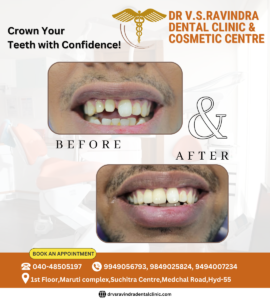Thumb Sucking Habit
Thumb sucking is a common self-soothing behavior in toddlers. However, prolonged thumb sucking beyond age 3-4 can lead to dental, speech, and facial development issues. The severity depends on the frequency, intensity, and duration of the habit.
Harmful Effects of Thumb Sucking Habit
Dental Problems
Malocclusion (Misaligned Teeth):
Open Bite: Front teeth do not touch when the mouth is closed.
Overjet (Protruding Front Teeth): Upper teeth push forward, affecting appearance and function.
Palate Deformity:
High-arched or narrowed palate due to prolonged pressure, affecting bite alignment.
Delayed Eruption of Permanent Teeth:
Can disrupt the natural positioning of erupting teeth.
Speech Issues Thumb Sucking Habit
Lisping due to altered tongue placement.
Difficulty pronouncing “S” and “Z” sounds.
Tongue thrusting, leading to an improper swallowing pattern.
Facial Growth and Jaw Development Issues
Changes in jaw alignment can lead to an elongated face or improper bite.
May contribute to breathing problems like mouth breathing.
Risk of Infections
Thumb sucking exposes the child to bacteria and viruses, increasing illness risks.
Can cause skin irritation or calluses on the thumb.
Prevention & Breaking the Habit
Positive Reinforcement: Praise and reward non-sucking periods.
Identify Triggers: Address stress or boredom with alternatives like a comfort toy.
Deterrents: Bitter-tasting nail polish or thumb guards discourage sucking.
Professional Guidance: Consult a pediatric dentist if the habit persists beyond age 4-5.
Thumb sucking is a natural and common habit among infants and young children, offering comfort and a sense of security. Many children start thumb sucking while still in the womb, and it often continues in the early years of life as a self-soothing behavior. While thumb sucking typically causes no harm in infancy, prolonged or excessive thumb sucking beyond the age of 4 can lead to dental issues. These may include misalignment of teeth, an altered bite, and changes to the roof of the mouth. It can also affect speech development, leading to potential difficulties with pronunciation. To prevent these long-term effects, it is essential for parents to monitor their child’s thumb sucking and gently encourage them to stop as they grow older. Positive reinforcement, distraction techniques, and professional guidance from a pediatric dentist can help in overcoming the habit.




